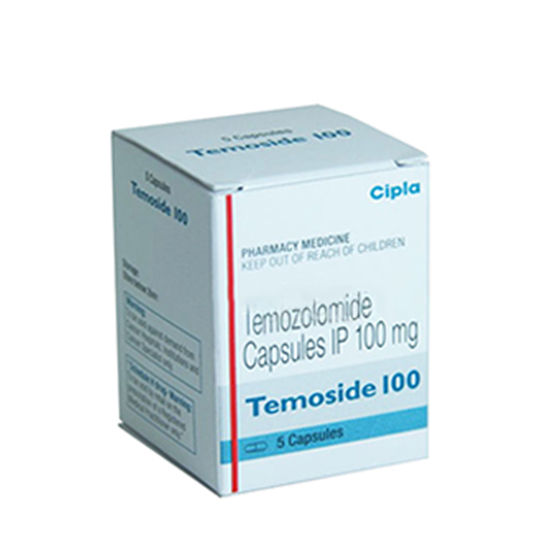Can Temozolomide Be Used in Conjunction with Chinese Medicine?

Can Temozolomide Be Used in Conjunction with Chinese Medicine?
When battling glioblastoma, many patients are prescribed Temozolomide, an oral chemotherapy drug renowned for its ability to disrupt tumor cell DNA and inhibit growth. With a recommended dosage of 150 to 200 milligrams per square meter of body surface area per day for five consecutive days, followed by a 23-day break to complete a 28-day treatment cycle, Temozolomide is most effective when taken on an empty stomach to reduce gastrointestinal side effects. However, its high cost can impose significant financial strain on patients, leading many to explore complementary treatments, such as Chinese medicine, in hopes of enhancing efficacy while managing expenses. This raises a crucial question: Can Temozolomide be safely combined with Chinese medicine?
The Role of Temozolomide in Glioblastoma Treatment
Temozolomide plays a pivotal role in treating malignant gliomas, particularly glioblastoma. By damaging the DNA of tumor cells, it effectively curbs their proliferation. Yet, its therapeutic outcomes and safety are contingent upon various factors, necessitating strict medical supervision. Each treatment plan must be meticulously tailored to the patient's condition, underscoring the importance of professional guidance throughout the process.
The Significance of Chinese Medicine in Cancer Therapy
Chinese medicine has been steadily gaining recognition in cancer treatment. Its potential benefits include bolstering the immune system, alleviating chemotherapy side effects, and improving overall quality of life. Many herbal components possess antioxidant and anti-tumor properties, making them appealing options for patients seeking to supplement their chemotherapy regimen. This growing interest reflects a desire for a more holistic approach to cancer care.
Potential Interactions between Temozolomide and Chinese Medicine
Despite the increasing interest in combining Temozolomide with Chinese medicine, research on their interactions remains limited. Some Chinese herbs may interfere with Temozolomide's metabolism, potentially altering its efficacy and side effect profile. Additionally, certain herbal medications can exacerbate the liver's detoxification burden when used in conjunction with modern pharmaceuticals. To avoid adverse reactions, patients must inform their healthcare providers of all medications, including herbal supplements, they are taking. This comprehensive communication is essential for ensuring treatment safety.
Current Clinical Research and Future Prospects
While clinical data on the combination of Temozolomide and Chinese medicine is currently scarce, preliminary studies suggest that Chinese medicine may offer supportive benefits during Temozolomide treatment. As research progresses, new treatment paradigms may emerge, integrating traditional and modern medical approaches. However, until more conclusive evidence is available, patients are strongly advised to consult healthcare professionals before combining these treatments. Professional guidance is key to navigating the complexities of cancer treatment and optimizing outcomes.
In conclusion, the combination of Temozolomide and Chinese medicine requires careful consideration. Given the financial pressures associated with Temozolomide treatment and the limited research on herb-drug interactions, patients should prioritize medical advice when choosing a treatment plan. For personalized guidance, you may consult [Dingxiang's customer service]. By working closely with healthcare providers, patients can make informed decisions that best suit their individual circumstances and treatment goals.
Case Studies
Case 1: John's Dilemma
Q: John, a glioblastoma patient, was prescribed Temozolomide but wanted to try Chinese herbal medicine to manage fatigue. He was concerned about potential interactions. What should he do?
A: John should schedule an appointment with his oncologist and a traditional Chinese medicine practitioner who is knowledgeable about drug-herb interactions. He should provide a detailed list of all medications and supplements he is taking. The healthcare team can then assess the risks and benefits, potentially recommending specific herbs that may complement his chemotherapy without causing adverse effects.
Case 2: Lisa's Decision
Q: Lisa noticed the high cost of Temozolomide and considered using Chinese medicine as a cost-effective alternative. Is this advisable?
A: It is not advisable to replace Temozolomide with Chinese medicine without medical guidance. While Chinese medicine may have complementary benefits, Temozolomide has proven efficacy in treating glioblastoma. Lisa should discuss her financial concerns with her doctor, who can explore options such as assistance programs, and then determine if Chinese medicine can be safely integrated into her treatment plan to manage side effects and enhance well-being.

